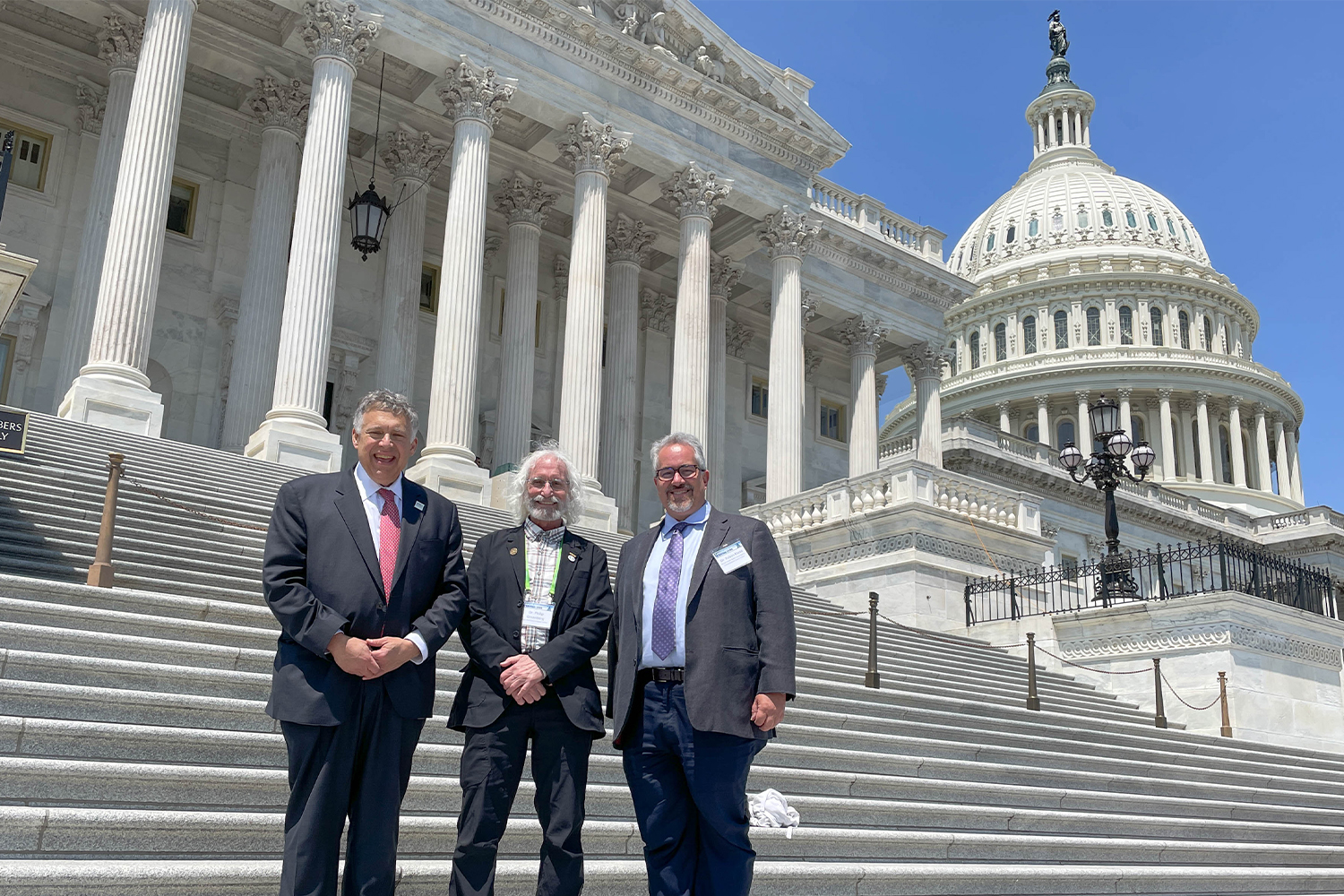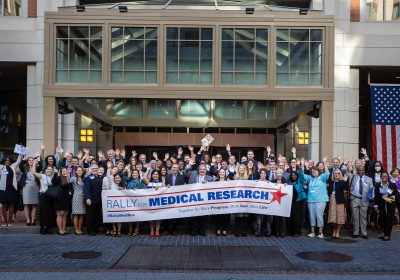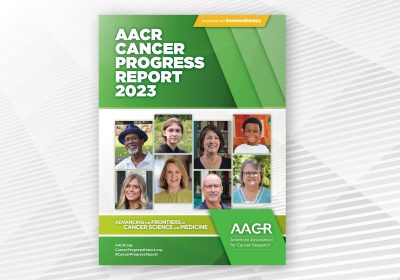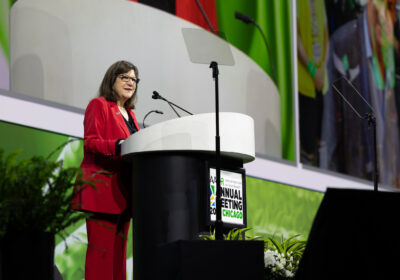
Impacting Cancer Policy
AACR’s Science Policy and Government Affairs Committee advocates for science-driven legislation in the nation’s capital.
When lawmakers on Capitol Hill draft new legislation, they need real-world data and examples to bolster their positions. When that policy concerns cancer research, treatment, and prevention, legislators frequently turn to representatives from the American Association for Cancer Research® (AACR) for input.
For more than 25 years, the AACR’s Science Policy and Government Affairs Committee has served as the organization’s voice on government legislation. The committee acts as a “rapid response team” when any cancer-related policies are under consideration, according to committee chair Roy S. Herbst, MD, PhD, deputy director of Yale Cancer Center and assistant dean for translational research at Yale School of Medicine in New Haven, Connecticut.
The Science Policy and Government Affairs Committee consists of 45 members with wide-ranging expertise, from basic, clinical, and population scientists to individuals in regulatory and industry positions. The group meets quarterly, including an in-person gathering at the AACR Annual Meeting, but its members are ready to respond whenever new legislation is proposed.
With a focus on both short- and long-term developments, committee members keep abreast of pending legislation so they can describe such changes to AACR members and thereby have a voice in Washington. “We want to be able to explain these complexities to members, and we want to lobby and advocate for optimal changes that maximize progress,” Dr. Herbst said.
Members regularly interact with lawmakers driving new policy, providing the scientific data that informs the legislation. “We provide the authoritative science and voice that legislators need and can use,” Dr. Herbst said.
The group also reacts to federal budget proposals, advocating for more resources and funding for cancer research. Every year, the committee brings several early-career investigators to Washington to speak with lawmakers about the impact their first grants have had on their careers, driving home the importance of this funding.
The committee has three subcommittees: Regulatory Science and Policy, Tobacco Products and Cancer, and Health Policy.
The Regulatory Science and Policy Subcommittee actively works with the Food and Drug Administration (FDA) to advise on the development and implementation of programmatic and policy initiatives to improve the evaluation and regulation of cancer drugs, biologics, and devices. The subcommittee recently met with FDA leaders, discussing which endpoints should be used in clinical trials to allow for the quicker identification of viable therapies.
The Tobacco Products and Cancer Subcommittee focuses on influencing legislation to reduce tobacco use, which the National Cancer Institute has linked to at least 12 types of cancers. The subcommittee releases policy briefs and meets with legislators to provide guidance on the country’s tobacco regulations and promote smoking cessation programs. “In tobacco control, we’ve had an enormous impact through multiple policy statements and numerous meetings on the Hill,” Dr. Herbst said. The subcommittee also has been active in e-cigarette control.
The Health Policy Subcommittee develops and promotes policies and member education initiatives that foster the closer integration of clinical practice and cancer research, such as advocating for the adoption of precision medicine approaches to improve how we detect, screen for, and treat the more than 200 types of cancer.
Dr. Herbst said the Science Policy and Government Affairs Committee plays a key part in the AACR’s mission. Much like the AACR itself, it spans all aspects of cancer research and patient care, from basic science to treatment, and works to ensure that the latest research drives the nation’s cancer policies. “The goal is to identify the best science, which will lead to the best therapies for our patients,” he said.





